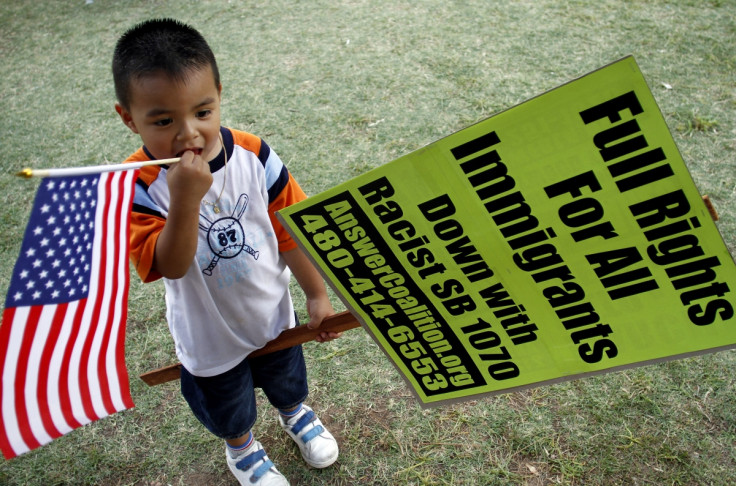Want to Be Less Racist? Live in Mixed Ethnic Community

White people can become less racist by living in ethnically mixed communities, researchers have said.
Psychologists at Oxford University have found levels of racial prejudice among white people is significantly lower when they live in mixed communities, even if they do not have direct contact with people from different races.
Researchers say this is due to a phenomenon called "passive tolerance" – simply by seeing white strangers interact positively with ethnic minorities is enough to be less racist.
The team looked at seven studies carried out between 2002 and 2011 in Europe, the US and South Africa into attitudes towards people of different ethnic groups.
Published in the Proceedings of the National Academy of Sciences, the findings showed even racist people who avoid contact with other ethnic groups become less prejudice when living in a multicultural area.
The researchers also ruled out the possibility that more tolerant people chose to live in diverse areas. They did this by looking at studies conducted over several years to see how attitudes changed over time.
Senior author of the study, Miles Hewstone, said: "We have shown that positive contact between people belonging to different ethnic groups leads to more tolerant societies overall.
"Astonishingly, we don't just see reduced prejudice among people who have direct contact with ethnic minorities. It isn't even confined to those whose friends have contact with minorities. Simply living in a neighbourhood where other people are mixing with minorities is enough to reduce racial prejudice."

Findings showed even the most prejudiced people became more tolerant over time when living in areas where races mixed.
"If two white people with identical views went to live in different postcodes for a year, the person in the neighbourhood with more mixing between ethnic groups would likely leave more tolerant. We would see this effect even if they never personally spoke to people from other ethnicities."
The researchers also looked at a study carried out in Germany over 2010 and 2011. Led by Oliver Christ of Philipps-University Marburg and the University of Hagen, respondents were asked how many of their friends were foreigners, how often they spoke to foreigners and how often foreigners had helped them.
Participants' racial prejudices were measured by looking at how much they agreed with statements about immigration.
"Our results clearly show that districts with the most mixing between ethnic groups lead to the highest reductions in racial prejudice," Hewstone said. "Although our recent longitudinal studies were conducted in Germany, there is no reason to believe that these effects would not be the same across the world. The cross-sectional studies conducted in England, the USA, and South Africa certainly support this idea.
"Governments should do more to encourage different groups to mix with each other, as we now know that this reduces prejudice not just in individuals but throughout entire neighbourhoods. In the long run, this should lead to more harmonious neighbourhoods."
© Copyright IBTimes 2024. All rights reserved.






